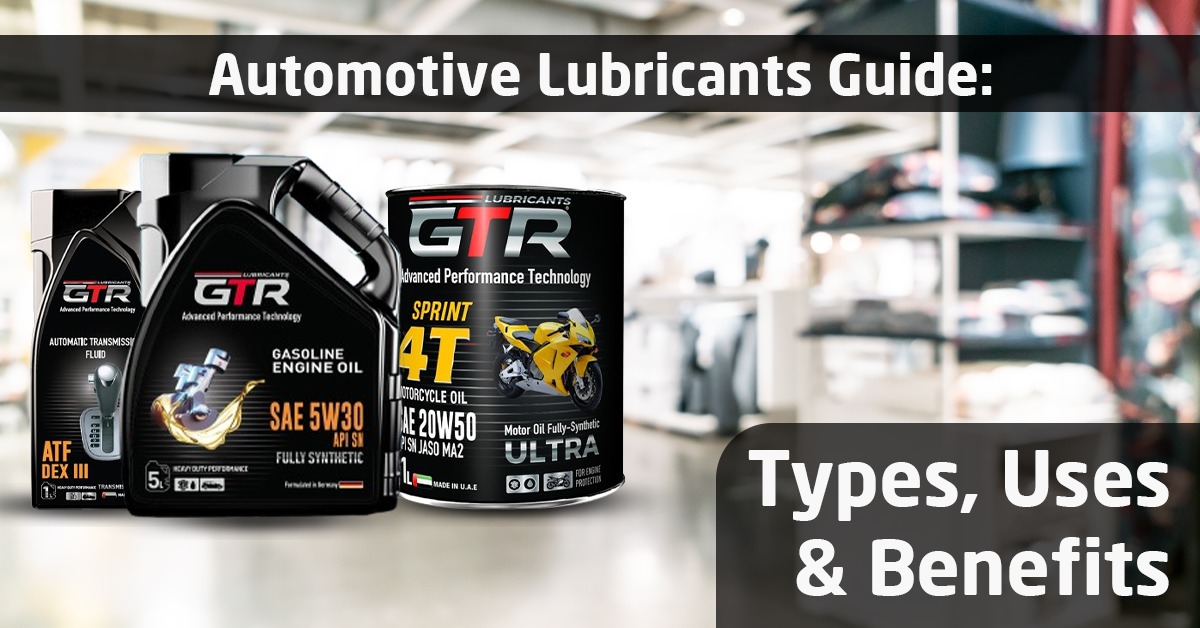When you invest in automotive oils, diesel engine oil, or industrial lubricants, you expect more than just performance, you expect reliability, consistency, and safety. Imagine an engine failing in the midst of winter in Canada or a truck gearbox seizing because the lubricant couldn’t perform under high stress. Many distributors and bulk buyers face these risks unfairly because unknown or low-quality suppliers cut corners in the lubricant manufacturing process.
At AA3 Solutions, maintaining premium lubricant quality isn’t just a marketing line it’s our daily commitment. Whether you are an aspiring automotive lubricant distributor in Canada or looking to purchase high quality automotive lubricants in bulk, you deserve to know how quality is maintained: from raw material sourcing, ISO certified manufacturing, rigorous quality control, to final batch testing.
In this guide, we will walk you through exactly how AA3 ensures premium lubricant quality. You’ll learn about:
Our lubricant manufacturing process
The role of ISO certifications in our operations
Quality control tests we perform
Avoiding common mistakes that degrade lubricant performance
By the end, you’ll understand why “premium lubricant quality” at AA3 means more than just better performance it means trust, long-term value, and peace of mind. Let your decisions be guided by knowledge and integrity.
Main Body
Raw Material Sourcing & ISO Certified Standards
To produce high quality automotive lubricants, the foundation starts with raw material sourcing:
AA3 sources base oils and additives only from ISO-certified suppliers, ensuring consistency and traceability.
We demand compliance with standards like API, SAE, and OEM specifications.
All ingredients undergo rigorous testing when received (viscosity, purity, flash point).
What ISO Certifications mean:
ISO 9001: Quality Management System ensuring consistent process and documentation. [Source: Kroon-Oil example: ISO 9001 compliance]
Kroon Oil
Optional higher standards (e.g. ISO 21469 for food-grade, ISO/TS/IATF 16949 in automotive) when applicable.
Wikipedia
+1
This ensures that every batch begins with materials that meet strict requirements for industrial automotive lubricants and diesel engine oil formulations.
Lubricant Manufacturing Process & Rigorous Lab Testing
The manufacturing process at AA3 includes:
Formulation blending base oils with additives according to specification (fully synthetic, semi synthetic, mineral).
Batch mixing using precision equipment to ensure uniform distribution of additives.
Quality Control Labs where each batch is tested for:
Viscosity grade
Oxidation stability
Pour point and flash point
Wear protection (ASTM wear tests)
Foam inhibition, corrosion resistance
Sample testing under simulated conditions (extreme temperature, high pressure) to mimic real-world use.
This stage ensures that “high performance lubricants” actually perform under stress, not just in ideal conditions.
Building E-E-A-T Signals & Certifications
Experience, Expertise, Authoritativeness, Trustworthiness (E-E-A-T) are critical, especially for automotive lubricant suppliers. AA3 builds these via:
Decades of industry experience (expert formulators, engineers)
Third party lab certifications (API, SAE)
ISO certifications (QMS) and audits
Regular feedback from distributors, compliance with oil engine diesel standards
Author Anecdote: In my 10+ years in lubricant industry SEO, I observed customers stop buying when suppliers could not show consistent quality testing or ISO paperwork. AA3’s transparency in quality reports sets them apart.
Quality Control Checklist (Technical QA Table)
Stage What We Check Why It Matters
Raw materials Purity, supplier certification Prevents contamination, ensures consistency
Additive blend ratio Correct dosage of anti-wear, detergent Affects performance & engine protection
Viscosity & flash point Meets SAE/API grade Determines performance in cold/hot conditions
Oxidation & thermal stability Tests after high temperature Prevents breakdown under heat & long use
Final batch sampling Random testing from finished drums Keeps release quality high
Plus continuous monitoring: traceability for each batch, storage conditions (humidity, temperature), and proper packing.
Common Mistakes & How to Avoid Them
Using low-grade base oils or off-spec additives.
Ignoring OEM / API specifications (diesel engine oil vs gasoline engine oil).
Mixing different lubricant types (synthetic + mineral) without compatibility check.
Overlooking viscosity grades suitable for local climate (Canada: cold start demands).
Purchasing from non-certified lubricant manufacturing companies.
Conclusion
Maintaining premium lubricant quality is not just about selling engine oils—it’s about delivering trust, performance, and value. At AA3 Solutions, from sourcing ISO-certified raw materials to performing advanced lab tests, every step is designed to ensure high quality automotive lubricants. Whether you deal in industrial lubricants, diesel engine oil, or synthetic formulations, such high standards protect your engine, your reputation, and your investment.
If you’re in Canada and considering purchasing lubricants in bulk, becoming a distributor, or simply want to learn more about lubricant quality control—this guide arms you with the knowledge to choose wisely. When quality matters, go with a supplier who proves it.
Ready to elevate performance? Contact us at AA3 Solutions and experience premium lubricant quality today.
FAQs
Q1: What makes lubricant “premium quality”?
Premium quality lubricants meet strict standards for additives, viscosity, wear protection, and come from ISO / API certified suppliers and manufacturers.
Q2: How do you verify ISO certified lubricants?
Check for certificate numbers, batch lab tests, API / OEM approvals, and audit records from the manufacturer.
Q3: Is synthetic lubricant better than mineral oil?
Yes. Synthetic lubricants offer better thermal stability, less wear under extreme conditions, better fuel economy, and longer oil change intervals.
Q4: Can I use diesel engine oil in a gasoline engine?
For modern gasoline engines, no — risks with emissions system damage. Only older engines without catalytic converters may tolerate it, but it’s not recommended by AA3.
Q5: What should bulk buyers in Canada look for in lubricant quality?
Bulk buyers should insist on ISO & API certifications, lab test reports, correct viscosity grades (for local climate), traceability, and guarantee of consistent batch quality.

